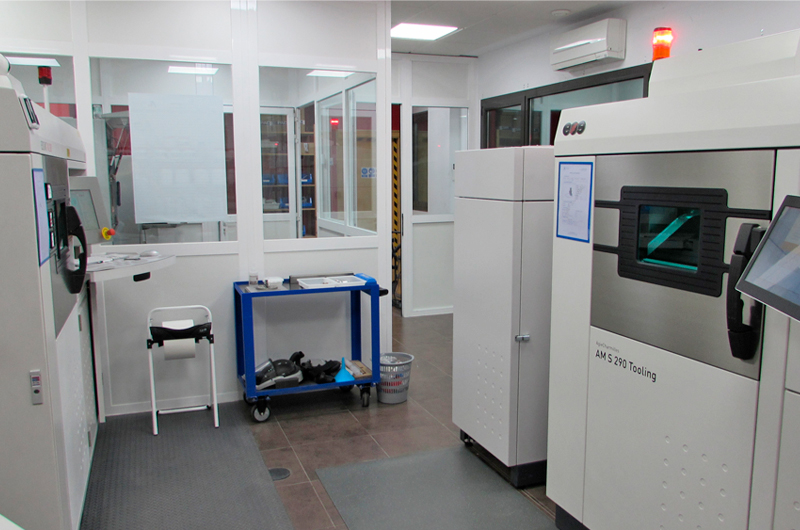
Mechanical engineering textbook
Mechanical engineering textbook This mechanical engineering textbook is an essential resource for those looking to gain a comprehensive understanding of the fundamentals of mechanical engineering. It covers topics such as thermodynamics, fluid mechanics, materials science and more.
Mechanical engineering textbook.
A mechanical engineering textbook is an indispensable tool for students, educators, and professionals in the field. As a comprehensive resource, it delves into the foundational concepts and advanced topics that define mechanical engineering. This discipline, known for its diversity and continuous evolution, encompasses a wide range of subjects crucial for those pursuing a career in engineering.
The textbook typically begins with the basics of mechanics and thermodynamics, laying the groundwork for understanding the more complex principles of mechanical engineering. These fundamental topics include the study of forces, energy, and the laws of motion, which are essential for grasping the behavior of physical systems.
As readers progress, the textbook expands into more advanced areas such as robotics and automation. These chapters offer insights into the cutting-edge technologies that are reshaping industries and the world at large. The integration of robotics in various sectors, including manufacturing and healthcare, is a testament to the importance of this field in modern engineering.
The book also extensively covers crucial aspects like engineering design and problem-solving. These sections typically focus on the methodologies and tools engineers use to develop innovative solutions to real-world challenges. The emphasis on design underscores the creative aspect of engineering, encouraging students to think beyond standard solutions.
Materials selection and manufacturing processes form another core component of the text. Understanding the properties of different materials and the methods of shaping them into usable forms is fundamental for any mechanical engineer. This knowledge is critical in industries ranging from automotive to aerospace, where material properties can significantly impact the performance and safety of products.
In addition, the textbook provides an introduction to computer-aided design (CAD) and computer-aided manufacturing (CAM). These technologies have revolutionized the way engineers work, allowing for more precise designs and efficient manufacturing processes. Learning about CAD and CAM is essential for modern mechanical engineers, who often rely on these tools for everything from initial design to final production.
Beyond the technical content, the textbook also delves into professional practices and ethics. This section is crucial for preparing students to navigate the professional world with integrity and responsibility. Current issues facing the engineering industry, such as sustainability and globalization, are also discussed, providing context for the challenges and opportunities in the field.
Lastly, the textbook often concludes with guidance on pursuing a career in mechanical engineering. This includes advice on further education, certification, and career pathways. Such information is invaluable for students and aspiring engineers as they plan their professional journey.
Overall, a mechanical engineering textbook is more than just a collection of technical information. It is a guide that offers a comprehensive overview of the field, equipping readers with the knowledge, skills, and ethical grounding necessary to succeed in this dynamic and rewarding profession.




